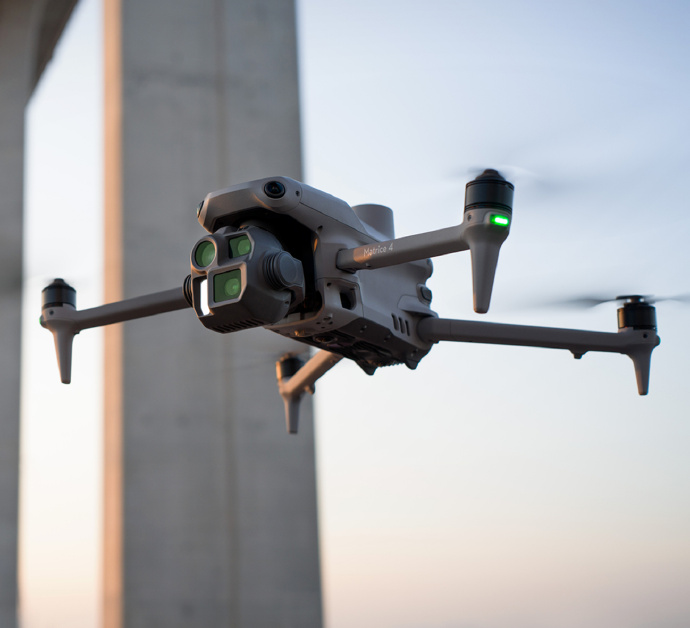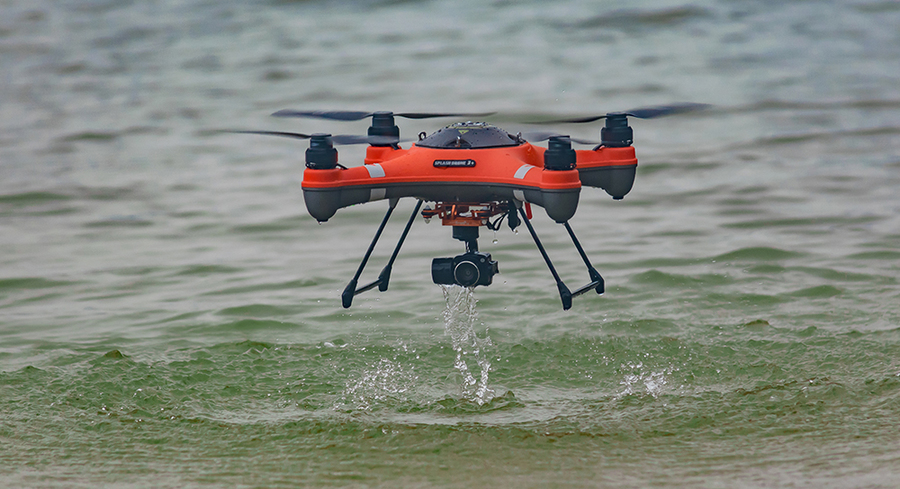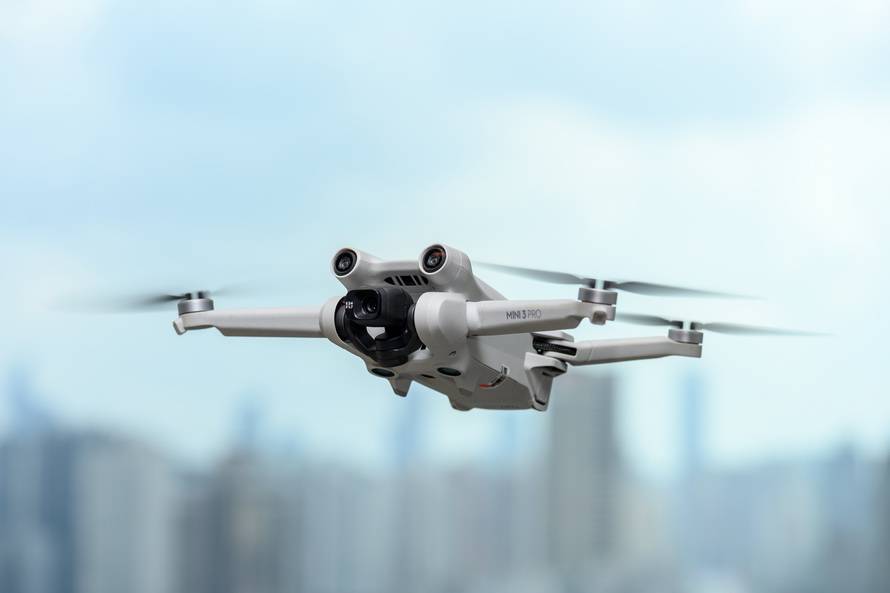Becoming a skilled drone operator is an exciting journey into a world of aerial possibilities. Whether you’re interested in professional filmmaking, industrial inspections, or simple recreational flying, mastering the skills necessary to effectively control a drone is essential. With the rise of drone technology, operators have a myriad of opportunities that can transform hobbies into careers and creative pursuits into professional endeavors.
Understanding the Basics
The first step in your journey as a drone operator is to understand the basic controls and functionalities of your drone. This includes familiarizing yourself with the remote control, GPS systems, and the drone’s capabilities. Many drones operate on similar principles, using joysticks to control elevation and direction, but advanced models may offer additional features that require comprehensive learning.
Drone Regulations and Safety
As a responsible drone operator, it is crucial to be aware of the regulations governing drone usage in your region. Countries worldwide have strict rules around drone operation to ensure safety and privacy. These regulations vary but common aspects include maintaining a certain distance from airports, flying below a specified altitude, and keeping drones within the operator’s line of sight. Adhering to these rules not only ensures compliance but also enhances safety for all.
Improving Your Drone Handling Skills

The proficiency of a drone operator lies in their ability to smoothly and accurately maneuver their drone. Regular practice in a safe, open area can significantly improve control precision. Trying out various maneuvers and understanding how different weather conditions affect drone flight can prepare you for real-world scenarios. It’s also advisable to simulate emergencies and drills to be ready for unexpected situations during actual flights.
Choosing the Right Drone
As you progress from a beginner to an advanced drone operator, selecting the right drone for your needs becomes pivotal. Consider factors such as flight range, battery life, camera quality, and ease of use when choosing a drone. Professional-grade drones may offer enhanced features like obstacle avoidance and advanced stabilization systems, making them suitable for complex operations.
Leveraging Technology for Better Results
Today’s drones come equipped with cutting-edge technology that can greatly assist operators in achieving their objectives. Utilize features such as GPS-assisted flying, intelligent flight modes, and various sensor systems to enhance the quality and precision of your operations. Learning to program these systems and setting custom flight paths can lead to more efficient and professional results.

Building a Portfolio and Networking

Once you have honed your skills as a drone operator, start creating content to showcase your abilities. High-quality aerial footage can be an impressive addition to your portfolio. Use social media and online platforms to display your work, connect with other drone enthusiasts, and reach potential clients. Networking can open doors to various opportunities, from collaborations in filmmaking to partnerships in scientific research.
FAQs about Drone Operation
Q: What should I do if my drone starts to lose connection?
A: Most drones have a return-to-home feature that activates when the connection is lost, safely bringing the drone back to the operator’s location. Familiarize yourself with this feature and ensure it’s activated before flying.
Q: How can I improve my drone photography skills?
A: Practice is key. Experiment with different angles, lighting conditions, and flight speeds. Additionally, understanding camera settings, such as exposure and ISO, can enhance your photography skills.
Q: Are there resources to help me learn more about drone operation?
A: Yes, there are many online tutorials, courses, and communities where you can learn and exchange tips with fellow drone operators. Participating in these can significantly boost your knowledge and skills.
